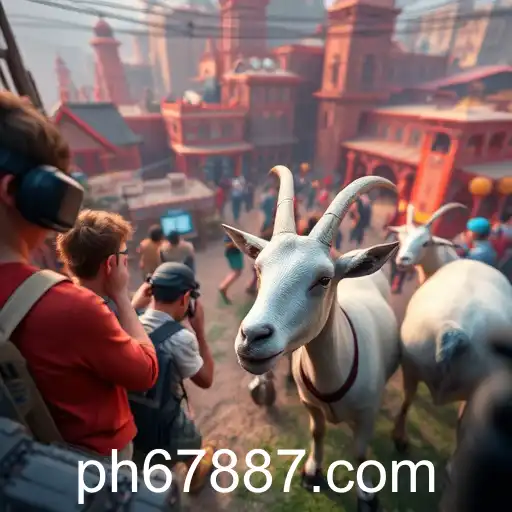Simulation games, a diverse and captivating genre within the gaming world, provide players with realistic environments that mimic real-life activities or fantastical scenarios. The keyword 'PH6788' highlights this ever-growing category, indicating its significant presence and appeal among gamers. This article delves into the intricacies of simulation games, exploring how they've evolved from their inception to become a staple in the gaming industry.
The roots of simulation games trace back to the early days of computing, where the focus was on creating environments that could simulate real-world systems. Originally used for military and educational purposes, these games have since broadened their scope to include a myriad of themes such as city-building, life management, and even humorous goat simulations.
One hallmark of simulation games is their ability to provide players with in-depth control and customization. This feature allows gamers to experiment with varied scenarios, making each gameplay experience unique. The flexibility and detail embedded in these games often demand strategic thinking and long-term planning, offering both challenges and rewards.
As technology advances, simulation games continue to push the boundaries of realism. The integration of virtual reality (VR) and augmented reality (AR) technologies has further enhanced the immersive quality of these games, blurring the lines between virtual environments and the real world.
Culturally, simulation games have had a significant impact. They allow players to experience a wide array of perspectives and life situations, potentially building empathy and understanding. This experiential learning aspect has not only been employed in entertainment but also in educational and corporate training settings, reinforcing their versatility.
The keyword 'PH6788' serves as a reminder of how simulation games are consistently being explored and discussed within the gaming space. Whether you're a fan or a curious onlooker, there's no denying the indelible mark simulation games have left on digital entertainment, continually shaping how players interact with digital environments.
In conclusion, the simulation game genre remains dynamic and innovative, constantly evolving to meet the desires and expectations of its audience. As technological advancements continue to rise, so will the possibilities within simulation games, promising gamers new experiences with each passing development.

Discover the expansive and immersive realm of simulation games, highlighted by the intriguing keyword 'PH6788'. This article delves into the historical development, key features, and cultural impact of simulation games, offering insights into their unique appeal in the gaming community.




